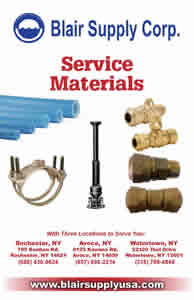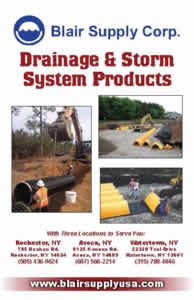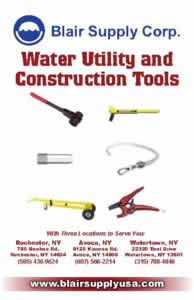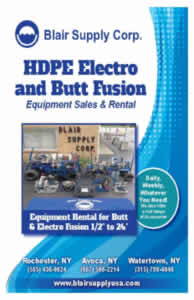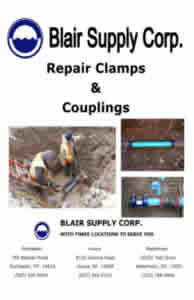Blog
Choosing a Water Fitting for Plumbing Installation
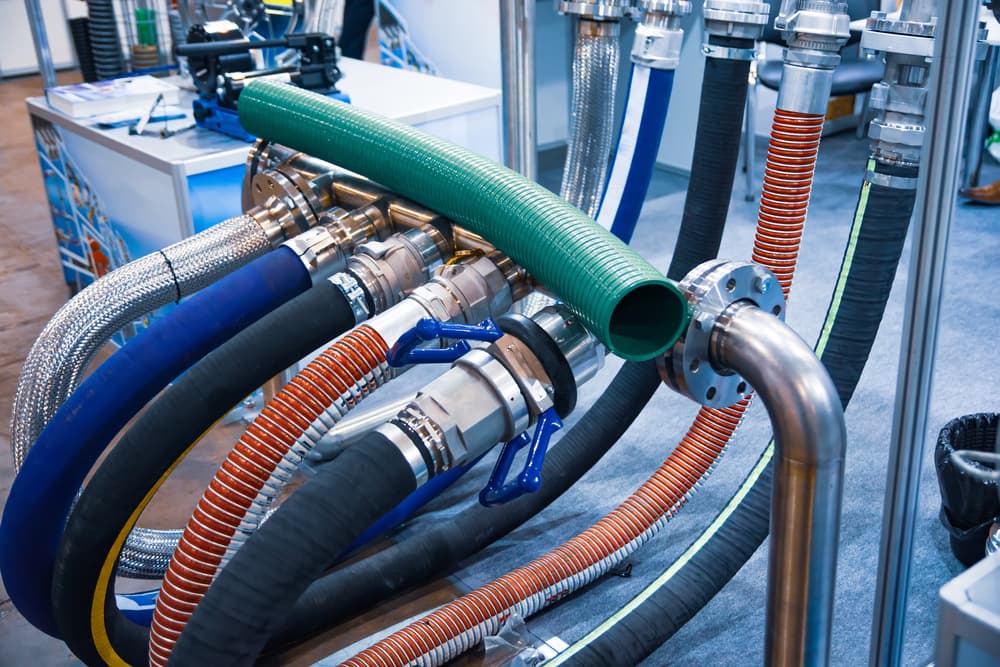
Designing and building a plumbing infrastructure is a detail-oriented procedure due to the main requirements for such systems to withstand environmental factors, elements, and extensive use, all while retaining integrity over extended periods of time.
Therefore, it is imperative that all components fit perfectly. In the case of water mains, that means fittings are equally important as pipes and, in some instances, even more so.
Inevitably, this leads us to the question: “With so many water service fittings for sale available today, how do you choose the right ones to meet the exacting requirements of your upcoming project?”
Which fitting is best for industrial plumbing?
In our previous post, we explained which water service fitting types exist along with their most common utilization methods. Today, we will focus on the ones used specifically in industrial plumbing, as this engineering endeavor features higher requirements (both, in terms of material quality and installation methods), than their standard residential or commercial counterparts.
Copper fittings
Copper is the most widely used material in plumbing in general, and not without a reason. This material ticks almost every box in terms of reliability and longevity:
- Corrosion resistance;
- Leakage resistance;
- High heat tolerance;
- Non-polluting for water;
- Recyclable.
With so many favorable features, it is no wonder that copper fittings were and remain the top choice of plumbers worldwide since the 1960s.
Brass fittings
Brass is a copper-zinc alloy, also commonly used for plumbing components, and long before copper became a golden standard. Brass fittings are excellent for industrial applications since they share a lot of properties with copper ones. The difference is that brass is a softer material and, as such, provides a tighter seal on connections. Some types of high-quality brass fittings can even be used for drinking water installations, which is a massive improvement over their older counterparts which usually contained trace amounts of lead.
PVC fittings
PVC (Polyvinyl Chloride) is another material commonly used for fittings, mainly due to its low cost and minimal installation requirements. Features of PVC fittings include:
- Corrosion immunity (non-metallic material);
- Able to withstand high pressure;
- No welding during installation;
- Flexible and elastic;
- Durable;
- Cost-effective;
- Non-conductive.
Due to its flexibility and price, PVC is best used in elaborate and confined systems, such as enclosed commercial or industrial areas.
 CPVC fittings
CPVC fittings
For all intents and purposes, Chlorinated Polyvinyl Chloride fittings are an upgrade over their PVC counterparts. In addition to standard PVC fittings, CPVC ones are heat and fire-resistant, as well as more flexible. However, CPVC is more expensive, but considering all the extra features and vastly improved versatility, it is definitely worth the investment.
Cast Iron fittings
Also referred to as “Black Iron”, this type of fittings is largely used in underground installations, such as water mains and distribution systems, mainly because they are used to go along cast iron pipes which are, by default, incredibly heavy and require additional support construction during installation. Nevertheless, their incredible durability and longevity make up for installation difficulties.
Where can I find high-quality water service fittings for sale in the Rochester area?
Whether your plumbing project is taking place in Rochester, Watertown, or anywhere along the Genesee River, you won’t find a better and more comprehensive collection of quality plumbing materials than at Blair Supply Corp.
Since 1958, we have been the area’s foremost supplier of quality fittings, clamps, and couplings, made by the world’s most renowned manufacturers, including Smith-Blair, Hymax, Ford, and Fernco. Give us a call today and our experienced technicians will help you make a choice that will make your next project a success.

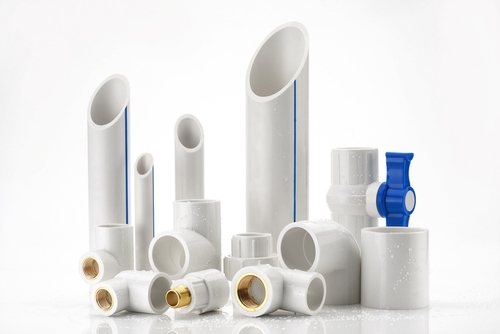 CPVC fittings
CPVC fittings